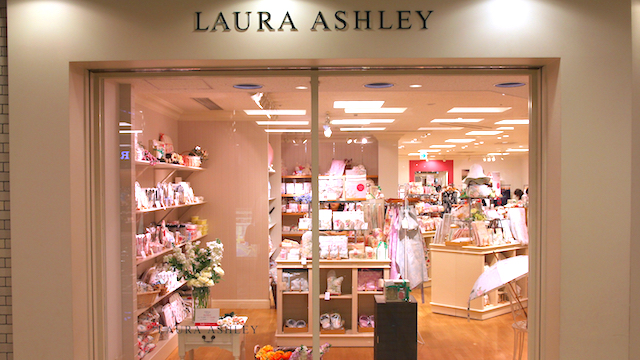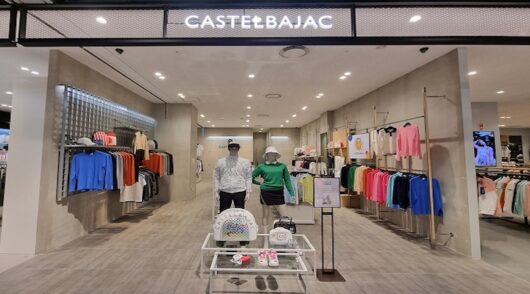Embattled Malaysian-owned fashion and lifestyle retailer Laura Ashley has reported a 166-per-cent increase in half-year loss to £4 million, citing lower sales of home furnishings and Brexit uncertainty in its key UK market.
But on a positive side, the company has reached an agreement with its lender Wells Fargo to draw down funds necessary to continue trading as it continues to restructure.
Group sales fell by 10.8 per cent to £109.6 million. While the company blamed the closure of three stores for the decline, same-store sales were down 10.4 per cent. Online sales fell by 15.5 per cent.
“The decline in total revenue was due to the market headwinds and weaker consumer spending during the period, which led to a decline in sales of bigger ticket items,” the company said in a results filing.
“Whilst these results are disappointing, we believe that with the right focus and support, Laura Ashley has a strong future and can be successful again.
“In the autumn of 2019, we carried out a strategic review of the business to set the future direction of the company and return Laura Ashley to the great British brand that is known and cherished around the world. This includes reconnecting with our traditional values and our strong British heritage.”
Meanwhile, the company denied reports that it would receive investment funding from Japanese retailer Muji.
Georgina Sreeves, associate retail analyst at GlobalData, said that while ‘Laura Ashley’s £20 million lifeline from Wells Fargo gives the company chance of recovery, its results reveal just how much work it will have to do to secure a long term future.
“Once a British icon, the brand has since lost its charm and notable styles,” she said.
In an attempt to re-establish its footing in the ranks of British fashion, Laura Ashley recently partnered with British luxury brand, Barbour and launched collaborations with Urban Outfitters and Rag & Bone which Sreeves said will boost Laura Ashley’s relevance. But it needs to do more.
“The brand should consider a revival of its vintage pieces and prints that have been lost in the attempt at modernising its image. To garner attention, Laura Ashley should follow suit of Argos, and publicise the archives of its once famous home decoration catalogue, and create capsule collections inspired by its vintage past. To supplement its sustainability, which currently is only held up by its use of local suppliers, the brand should consider creating garments out of leftover, unwanted material, just as Laura Ashley did when the brand was founded.”
Sreeves added that its hopes to expand in Asia to offset difficulties it is facing in the UK will likely face delays due to the impact of coronavirus on consumer spending.






